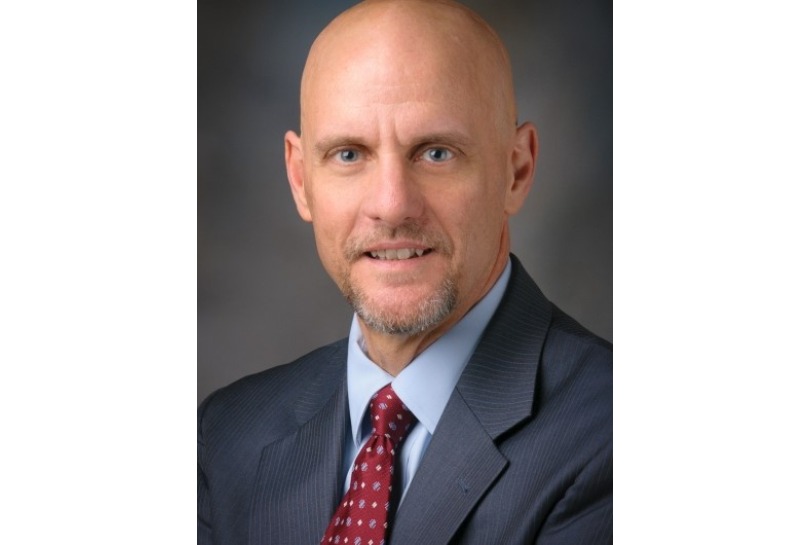June 9, 2020 – Speaking at a June 1 presentation to the Alliance for a Stronger FDA, FDA Commissioner Dr. Stephen Hahn said that despite criticisms of its performance during the COVID-19 pandemic, FDA’s “decisions [will] always be rooted in science,” and that lessons learned during the pandemic “will lead to permanent improvements at the FDA in processes and policies.”
“It has been quite a period of seven months,” Hahn said with considerable understatement as he reflected upon his start as FDA Commissioner at the June 1 speech, billed as his first “broad stakeholder” presentation on the FDA’s response to the COVID-19 crisis. “I certainly didn’t anticipate a public health emergency of this magnitude when I joined the agency.”
Although Hahn had a low profile in the early days of the Trump administration’s response to the pandemic, reportedly due in part to infighting among officials at the White House, the Department of Health and Human Services, and the Centers for Medicare and Medicaid Services, he had a bit of a bumpy start. Hahn was left to defend the FDA for what many perceived as mistakes and delays in rolling out COVID-19 laboratory tests. He had to fend off allegations that FDA “red tape” delays approvals of drugs and vaccines — which was ironic considering that a major accomplishment of recent years has been the increasingly efficient processing and approval of new molecular entities, new indications, and generic drugs. Yet, then he was criticized for allowing an Emergency Use Authorization (EUA) for chloroquine and hydroxychloroquine as potential COVID-19 therapies.
In his recent speech, “Hahn stressed a more positive perspective,” according to Coalition for Healthcare Communication Executive Director Jon Bigelow.
Hahn reported that the nation’s food supply has been protected, and that intense efforts have increased access to tests, noting that at the end of February about 50,000 tests had been performed in the United States, whereas the count as of June 1 was more than 17 million tests. Further, working with “nontraditional” manufacturers, the FDA helped increase the national stockpile of ventilators and personal protective equipment, and upwards of 100 EUAs issued recently have allowed evaluation of new tests, devices, and potential therapies.
“There were some bumps along the road, as we provided significant regulatory flexibility,” Hahn admitted. “In a public health emergency, one needs to make risk/benefit decisions using data sets that are not as robust as usual,” he explained, which also meant that as new data were incorporated, the FDA needed to revisit some of those decisions to protect consumers from inaccurate tests. He is “confident the FDA has measured up.”
Now it is time to look forward, Hahn said. He promised that “I will be out in public and on media more,” recognizing that the FDA has an important role to play in educating consumers and countering misinformation on the Internet and elsewhere. He also promised that lessons learned from the pandemic will be used to improve FDA processes and policies. For instance, the FDA will consider allowing decentralized clinical trials, more use of telemedicine for trial participants, and greater use of real-world evidence.
“It was encouraging to hear Dr. Hahn express optimism and a promise to be more visible, especially as the FDA today confronts unusual challenges that go beyond the unprecedented effort to accelerate development of COVID-19 tests, vaccines, and therapies,” Bigelow said in a June 3 CHC e-mail to industry leaders.
“For one, the pandemic has heightened concerns over the security of the nation’s drug supply chain, and the FDA is under pressure to increase inspections at foreign manufacturing facilities even as the pandemic makes that more difficult,” according to Bigelow, who noted that at last week’s hearing before the Senate Finance Committee, a top official of the Government Accountability Office and Senators from both parties assailed what they see as deficiencies in the FDA’s monitoring of foreign drug manufacturing.
“For another, the FDA is running into a bandwidth problem. In 2019, the FDA approved 49 new molecular entities, and the FDA is tracking ahead of last year’s pace (with 16 approved by early May this year versus 9 in the same period last year),” Bigelow reported. “Now, the FDA has publicly warned that the need to focus resources on the pandemic response may mean missing PDUFA deadlines. The leaders and staff of the FDA are already stretched thin, and there also may be some impact from Dr. Janet Woodcock temporarily stepping down from her role as head of the Center for Drug Evaluation and Research to serve on Operation Warp Speed, the administration’s initiative to expedite a COVID-19 vaccine.”
Bigelow asserted that although Hahn did not enjoy the debut as FDA Commissioner that he might have scripted, “he and his team are working to get out ahead of some of the problems. The FDA has been more visible in warning about misleading product claims, including where some drugs claim efficacy against COVID-19.” The FDA also has launched a program to accelerate development of coronavirus treatments, and another initiative to use real-world evidence to learn more about COVID-19. The COVID-19 emergency bills passed by Congress have added $163 million to the FDA’s funding, and also provided authority and funding for a long-sought improvement in reviewing over-the-counter drugs.
“To the extent that the innovations we implemented during the pandemic crisis worked and would be appropriate to implement outside of a pandemic situation,” Hahn said, “we will incorporate them into standard FDA procedures. And to the extent that we identified unnecessary barriers, we will remove them,” he continued. “This is one of my top priorities.”




